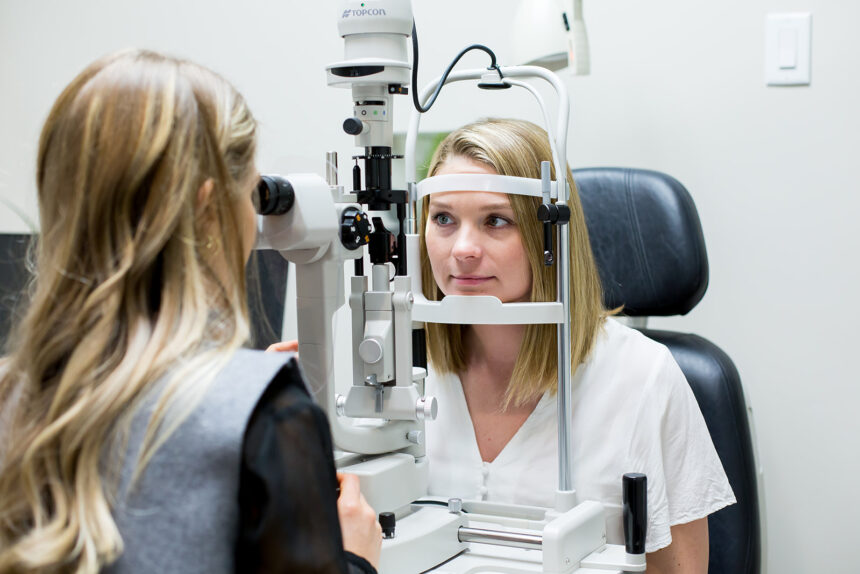A comprehensive eye exam offers more than just insight into your vision or the need for glasses—it can also reveal early signs of various health conditions. Eye care professionals examine not only your visual acuity but also the blood vessels, nerves, and tissues in your eyes, which can reflect your overall health. This makes routine eye exams a key part of preventive healthcare.
How Do Eye Exams Work?
A comprehensive eye exam includes a series of tests and procedures that go beyond a simple vision check. Using specialized equipment, your eye care professional examines both the front and back of your eyes. This typically involves measuring eye pressure, assessing the retina, and evaluating the optic nerve to ensure everything is healthy.
To get a clearer view of internal eye structures, your pupils may be dilated during the exam. This allows for a detailed evaluation of the retina and optic nerve, helping to identify potential health concerns. Through these assessments, professionals can observe blood vessels, nerve tissues, and other areas that may indicate broader health issues.
What Can Eye Exams Detect?
Your eyes are windows to your overall health. A comprehensive eye exam doesn’t just check your vision; it can reveal early signs of underlying health conditions. From cardiovascular health to metabolic issues, your eye care professional can uncover clues that may help protect your well-being.
- Cardiovascular Health Indicators: The blood vessels in your retina can provide insights into your cardiovascular health. Changes in these vessels may indicate elevated blood pressure or other circulatory concerns. Your eye care professional can observe vessel changes that might suggest the need for further cardiovascular evaluation.
- Neurological Concerns: The optic nerve links your eye directly to your brain. This connection allows exams to detect certain neurological changes. Swelling or abnormalities in the optic nerve may require further neurological assessment.
- Metabolic Health: Certain metabolic conditions can affect your eyes and vision. Changes in blood vessels, retinal abnormalities, or other findings during an eye exam may indicate the need for a metabolic health evaluation. These signs can provide important clues about your overall health.
Make your eye health a priority and stay ahead of potential problems. Early detection through exams is simple yet effective. Taking care of your vision is an important part of overall wellness.
Why Are Regular Exams Valuable?
Regular comprehensive exams are beneficial for maintaining good vision and monitoring your overall health. Many health issues, like diabetes or high blood pressure, can develop gradually without obvious symptoms in their early stages. Eye exams can detect these hidden problems by uncovering subtle changes that may signal larger health concerns.
Early detection through exams allows for timely intervention when treatment is most effective. Most adults should schedule exams every one to two years, though factors like age, family history, or existing conditions may require more frequent visits. Routine check-ups help identify changes early, ensuring effective management and better health outcomes.
Protect Your Vision and Health
Schedule regular comprehensive exam with a qualified eye care professional, even if you don’t wear glasses or contacts. These exams offer insights into your vision and overall health. Share the findings with your healthcare providers to ensure a complete picture of your health. Staying proactive about eye care helps protect your vision and overall well-being.









